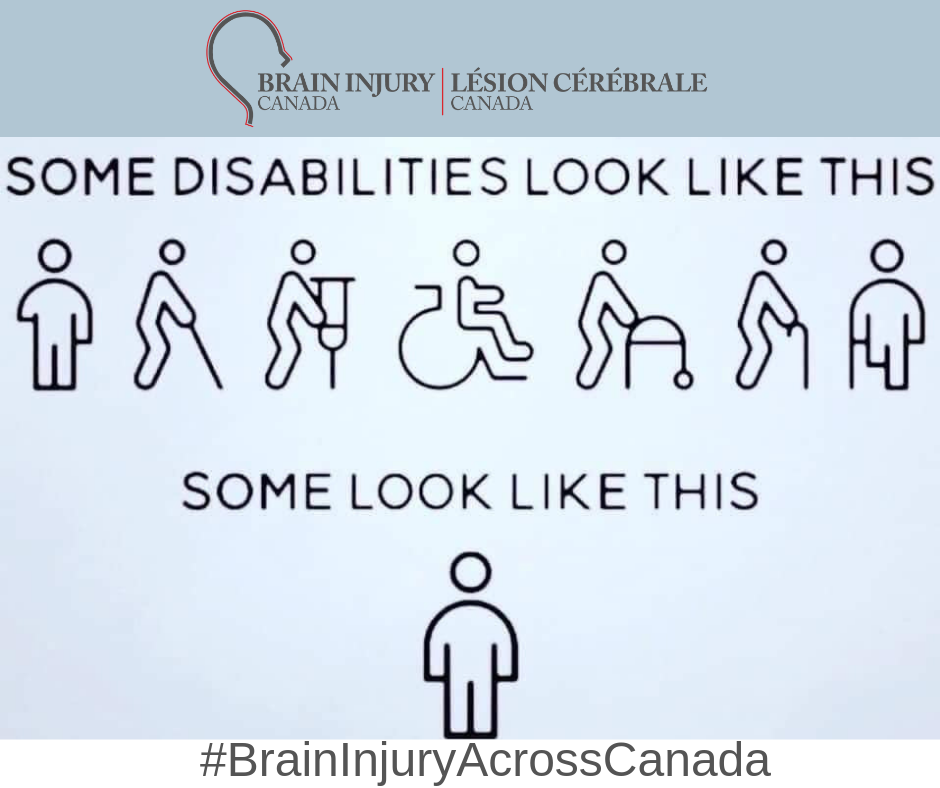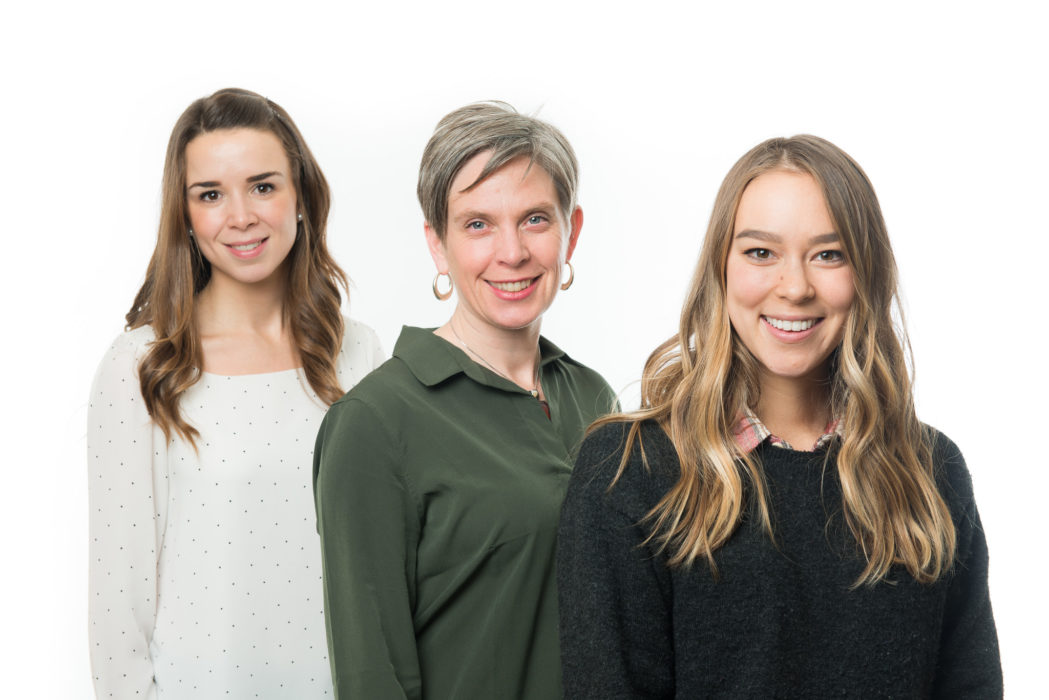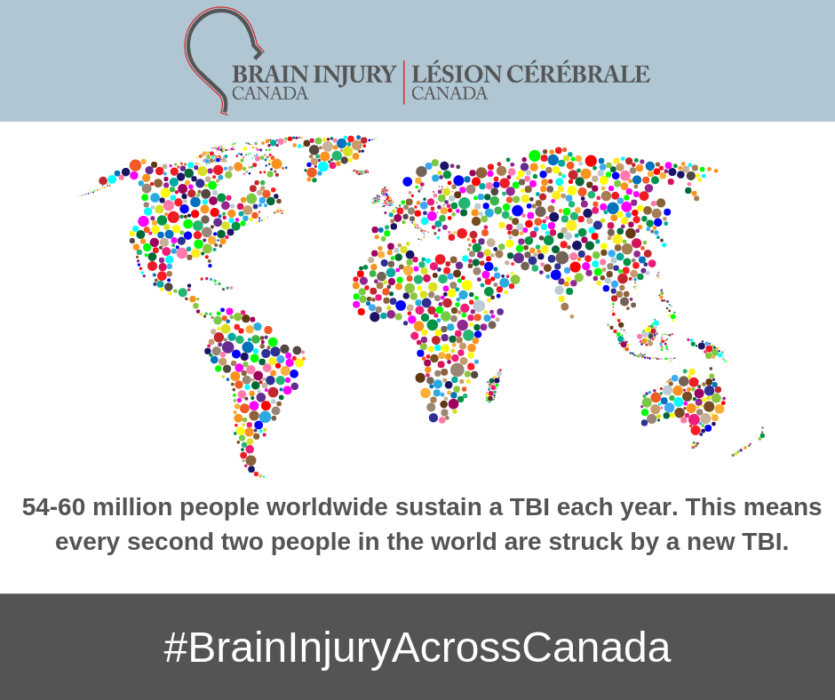Start Occupational Therapy after a car accident
Get help. Get better. Get well.
Ask for OT for your ICBC claim.

You have been injured in a car accident, and you have not fully recovered. You want to get back to your regular life, but you are not sure how or where to get started. Ask for Occupational Therapy (OT) for your ICBC claim.
Occupational Therapy is fully covered by ICBC.
Occupational therapy can help you put the pieces together that you need to get better. OTs provide individualized care that is specific to you, your injuries, and your life. They listen to you and focus their work on your goals and what is meaningful to you.
We can help you to get back to living your life after a car accident.
How OT can help after an accident
An Occupational Therapist can help you in many ways after a car accident.
We focus on your function and help you perform a wide variety of activities. Whether you’re having physical, cognitive, and emotional difficulties, an OT can help. We see each person as unique and tailor our approach to you.
An Occupational Therapist can help you with activities like:
- Preparing you and your home for your discharge from hospital
- Restoring basic activities, like bathing, dressing, grooming and personal hygiene
- Getting you back to activities like home making, finances, meal planning, community access
- Leisure and recreation
- Getting back to school or work
- Return to driving
Click here to learn how an OT can assist you in different stages of your recovery.
OT is fully covered by ICBC
Occupational therapy is covered under ICBC’s Enhanced Care model. There are no user-fees for OT.
However, OT is not pre-approved like other health professions. To have an OT help your recover, your ICBC claims specialist must approve OT involvement. To get approval, you will need a referral from your GP or a doctor’s note. Talk to your doctor if an OT would be right for you.
If ICBC has already approved funding for Occupational Therapy for you, simply email us the written authorization, and we will assign an OT to assist you.
ICBC must approve OT services before you start with an OT.
Get Started with an OT
After reporting a claim to ICBC, you can ask your ICBC Recovery Specialist for OT. You can also contact our Referrals Team at OT Works! to discuss your situation. You can reach us by phone, email or on our website:
- By phone, at (604)696-1066
- By email, at referrals@ot-works.com
- By sending the referral form to us by email or fax
You need a GP referral (or Doctor’s note) for ICBC to pay for OT services.
What do I need to get started?
You will need to provide some personal information, ICBC claim details, and a GP note.
Your GP note should state the reason for referral and how it’s related to the MVA.
Our Referrals Team will then guide you through the process.
If you are not sure if OT has been approved, our Referrals team will contact ICBC and/or your legal counsel on your behalf to secure funding.
How much does OT cost?
If ICBC has approved OT services for you, our OT services will be fully paid by ICBC. There are no user fees and you don’t have to pay anything out of pocket.
NOTE: ICBC will not pay for OT services that have not been approved. We recommend always getting ICBC approval before starting with an OT. If you are not sure how to get the approval, give us a call and we can help
When can I start working with an OT?
It depends, but our goal is to make the whole process as fast as possible. We always try to assign the best OT that matches your situation and find the right fit for you. It may take some time for the right OT to become available. Our Referrals team will keep you informed during the process and inform you of any wait times.
Who will contact ICBC to get approval for Occupational Therapy?
Our Referrals team and/or your legal counsel will contact ICBC on your behalf to get approval for OT.
Where are OT services delivered?
Our OTs work in the community, and can see you in your home, workplace or in a community setting (park, community center).
We can also offer telehealth if that’s appropriate for your situation.
OT Works! has OTs available in the following areas:
- Lower Mainland: Vancouver, Burnaby, New Westminster, Surrey, North & West Vancouver, Richmond, Delta, Port Moody, Coquitlam, Port Coquitlam, Langley, Maple Ridge, Pitt Meadows
- Fraser Valley: Mission, Abbotsford, Chilliwack
- Sea-to-Sky: Squamish, Whistler, Pemberton
- Sunshine Coast: Gibsons, Sechelt
- Vancouver Island:
- South: Victoria, Esquimalt, Sooke, East Sooke, Saanich, Sidney, Langford, Colwood, Metchosin
- Central: Nanaimo, Parksville, Ladysmith, Qualicum Beach, Port Alberni
- North: Campbell River, Courtney, Comox, Cumberland, Fanny Bay, Nanoose Bay, Union Bay
Are all of your OTs approved by ICBC?
All our OT’s are authorized by ICBC to provide OT services. Occupational Therapists s are university-educated professionals, registered by the College of Occupational Therapists of BC.
Get started today
Ask for OT!
If you are ready to start your rehabilitation after a car accident, ask for OT and contact us today.
Our OTs will be happy to help you getting back to the life you love!
Photo by Daniel Xavier from Pexels
Introducing Karen, Parisa, and Simone: Occupational Therapists
We are thrilled to present the latest additions to our dynamic team: Karen Gill, Parisa Madani, and Simone Mann – occupational therapists at OT Works!
Since joining us between May and July of 2023, they have been delivering exceptional community-based occupational therapy services. Through their dedicated efforts to incorporate daily routines at home, work, and within the community, they are committed to enhancing independence and guiding clients towards their rehabilitation goals.
Karen earned her Master of Occupational Therapy at McMaster University. She is an advocate for a client-centered approach, aiming to empower individuals to engage in meaningful activities encompassing personal care, employment, and leisure pursuits. Karen has successfully assisted clients navigating challenges related to concussion, traumatic brain injury, chronic pain, and mental health concerns such as anxiety and depression. Her knowledge extends to musculoskeletal and orthopedic injuries, as well as mixed diagnoses. Karen extends her support to a diverse clientele, including those with WSBC and ICBC claims, private-paying clients, and individuals with extended health and disability insurance coverage. Fluent in Punjabi and Hindi, Karen serves the Surrey/Langley area.
Parisa, a graduate of the University of British Columbia’s Master of Occupational Therapy program, enriches our team with her valuable background as a Kinesiologist. Her prior experience underscores the significance of active physical therapy for sustainable outcomes. Parisa specializes in aiding clients grappling with musculoskeletal and orthopedic injuries, chronic pain, and mental health challenges on their journey back to the workforce. She extends her guidance to individuals within WSBC, ICBC, private-pay sectors, and those covered by extended health and disability insurance plans. Fluent in Spanish, Parisa serves communities in Surrey, Langley, Burnaby, and New Westminster.
Simone is a dedicated occupational therapist who achieved her Master of Occupational Therapy at Bond University in Australia. She stands out for her compassionate and respectful demeanor, which she combines with innovative, evidence-based interventions tailored to each client’s distinct values and needs. Simone excels in supporting clients dealing with physical injuries, chronic pain management, exposure therapy, and brain injury rehabilitation. With a clientele encompassing WSBC and ICBC claims, private-paying individuals, and those under extended health and disability insurance, Simone brings her expertise to the fore. Fluent in Punjabi and Hindi, she serves clients in Delta, Surrey, Langley, Richmond, New Westminster, and Burnaby.
All our therapists, including Karen, Parisa and Simone, are registrants and in good standing with the College of Occupational Therapists of British Columbia (COTBC).
Get started with an OT
If you or someone you know can benefit from the guidance of a skilled occupational therapist, we invite you to contact us today!
Email: referrals@ot-works.com
Phone: 604.696.1066 ext. 1000.
March is Brain Health Awareness Month
Brain Health Awareness Month is a month to remind people to take care of their brains.
Occupational Therapists provide holistic client-centred therapy that considers the person’s physical, cognitive and emotional strengths and challenges, empowering them to live a healthy lifestyle.
We cannot talk about a healthy lifestyle without talking about our brains.
The brain is an integral part of our health, as the brain controls everything in our bodies, from physical ability to cognition to emotions. We rely on our brains for learning, moving, working, making decision, and even doing simple activities, such as watching TV!
In fact, brain injury is the number one killer and disabler of children and adults under the age of 45. In British Columbia alone, “…between 21 and 38 individuals sustain brain injury each day…” -Health Canada, 2007.
It’s important to prevent brain injuries and to do things to maintain a healthy brain for a good quality of life.
Keeping a healthy brain
Taking care of your brain can be simple and involves having healthy habits. Here are some ideas to keep a healthy brain:
- Eat nutritious food: avoid highly processed foods, and give preference to vegetables, fruits, whole grain foods, organic and protein foods. Canada’s Food Guide is a useful source of information for healthy eating.
- Exercise regularly: physical activity improves blood flow and can help you think, learn, problem-solve, and enjoy an emotional balance. Studies suggest that a simple exercise, like walking, can help increase creativity.
- Sleep well: sleeping 7-8 hours a day helps our brain reorganize and recover.
- Learn new things: when we learn new things, the brain creates new pathways, keeping it active and healthy!
- Be creative: creative activities such as reading, writing, making puzzles, playing a musical instrument, singing, and creating art and crafts are fun ways to keep the brain active.
- Reduce stress: stress can prematurely age the brain. Take steps to reduce stress in your life such as using relaxation techniques, deep breathing, positive thinking, meditation/praying, visualization, and enjoying nature.
- Stay socially connected: staying connected socially helps you stay connected mentally. Research shows that regularly interacting with others may help reduce your risk of developing dementia.
- Wear helmets: when playing sports that involve moving quickly or using a ball or a puck. Falls are the leading cause of brain injury, followed by striking or being struck by an object.
- Wear PPE at work: a hard hat and other protective equipment can prevent a brain injury at physically active jobs.
Our therapists have experience with brain injury
Our therapists have experience helping clients with brain injury to live their best lives. We continuously help WSBC, ICBC, third-party insurer, and private-pay clients with brain injury.
If you or someone you know had a concussion or a traumatic brain injury, contact us today.
Email: referrals@ot-works.com
Phone: 604.696.1066 ext. 1000.
Read more about brain health:
- Brain-healthy tips to reduce your risk of dementia by the Alzheimer Society.
- Healthy Brain by Brainstreams
- What can you do to keep your brain healthy, an animated video by Trinity Brain Health.
(Photo by EKATERINA BOLOVTSOVA: https://www.pexels.com/photo/paperclip-in-a-shape-of-a-light-bulb-and-a-rubber-eraser-in-a-shape-of-a-brain-6193936/)
June is Brain Injury Awareness Month
Every day, 60 people in British Columbia experience a brain injury. Acquired brain injuries (ABIs) can greatly affect people’s lives. They can alter thinking, sensations (including touch, taste, light, sound and smell), language and emotions as well as mobility and physical health.
British Columbia recognizes June as Brain Injury Awareness Month. You can access a list of Brain Injury Associations in the province here.
Occupational Therapy and Brain Injury Rehabilitation
Occupational therapists are equipped to positively transform the cognitive, physical and emotional wellbeing of clients who have experienced concussions and other brain injuries. At OT Works! we strive to keep up-to-date with current and emerging research and clinical evidence surrounding acquired brain injuries. Many of our clients with ABIs have returned to the activities that bring them joy through collaboration with our occupational therapists.
For more information on our brain injury services at OT Works!, please visit the links below.
Concussion Management: How Occupational Therapy Makes a Difference
Increased awareness about concussions, including expanding research, demonstrates the need for occupational therapy in concussion management. Concussions result in functional changes that can affect a person’s participation in social, work or household activities. As experts in function, OTs are well-equipped to assist clients with concussions. OT Works! regularly helps insurers at ICBC and WorkSafe BC, as well as other third-party insurance companies, to assist clients as they recover.
What is a concussion?
A concussion can result when impact to the head, or a whiplash movement, causes the brain to move quickly and abruptly. There are a variety of symptoms that can occur including:
- Physical symptoms: headache, nausea, dizziness
- Cognitive symptoms: decreased attention, slowed response time, memory difficulties
- Emotional/behavioural symptoms: irritability, sadness, anxiety
- Sleep-related: increased sleep, difficulty falling asleep, difficulty staying asleep
There is increasing evidence against the notion that prolonged rest (after the 24-48 hour mark) improves one’s symptoms. In fact, it is important the clients start to gradually return to their activities within the first few days post-injury. The activity level should not bring on or worsen symptoms.
How can an OT help after a concussion?
Occupational therapists support their clients in returning to daily activities gradually and safely. They provide education regarding concussions and explain what a typical recovery looks like. Experiencing a concussion may be alarming to a person with a head injury. OTs can help their clients understand their symptoms and what they can do about them. OTs often review what is can be expected in recovery and provide strategies to return to the things the cleint wants to do.
OTs recognize the unique potential each client possesses. Together, the OT and client can develop an individualized rehabilitation plan. They address the individual client’s concerns and personal goals. For instance, some clients may require gradual exposure to busier environments over a longer period of time if they experience light or sound sensitivity.
OTs also help their clients who have concussions by:
- Reviewing strategies to be active, without overdoing it: energy conservation, pacing and relaxation techniques
- Determining ways to work around or with challenges, ultimately to enable a successful return to work
- Liaising with other healthcare providers and insurers to ensure a timely and thorough rehabilitation
Get started with an OT for concussion management
All of our therapists at OT Works! are certified with the College of Occupational Therapists of British Columbia (COTBC) and have additional training in concussion management. Our approach is based on current concussion science and best practice.
If you or someone you know could benefit from concussion management with an occupational therapist, contact us today!
Email: referrals@ot-works.com
Phone: 604.696.1066 ext. 1000.
Hello, Victoria!
OT Works! is now providing community occupational therapy services in Victoria and Vancouver Island.
OT Works! is pleased to announce that we are now offering community occupational therapy services to clients and customers on Vancouver Island. OT Works! helps a variety of people, including those who are injured in motor vehicle accidents (ICBC rehabilitation) or workplace incidents (WorkSafe BC programs). We provide workplace solutions (return-to-work services for insurance and disability management providers) and support for Canadian veterans and service members (Veterans Affairs). We also help private clients who need help with home safety or return-to-work support.
Locations Served
We serve clients in their community (homes, workplaces, school and in their community). Our OTs are mobile and come to where the clients live and work, which allows us to better understand our clients and develop meaningful assessment and treatment services that are individualized to each client. On Vancouver Island, our occupational therapists serve clients in the Greater Victoria region, and Central Island area.
Greater Victoria
- Victoria
- Esquimalt
- Oak Bay
- Sooke
- Saanich
- Sidney
- Langford
- Colwood
- Metchosin
Central Vancouver Island
- Campbell River
- Courtenay
- Comox
- Cumberland
- Fanny Bay
- Nanoose Bay
- Union Bay
Occupational Therapy Services
Our occupational therapists provide occupational therapy assessment and treatment services to clients throughout the rehabilitation process. Our community occupational therapy services include:
- Return-to-Work Planning and Support
- Ergonomic Assessments
- Home Health & Safety
- Community Integration
- Concussion Management
- Treatment for Depression and Anxiety
Click here for more info.
Our Therapists
Nicole Chan grew up in Victoria and is happy to provide OT services in her hometown. She serves clients in Greater Victoria and southern Vancouver Island including Victoria, Esquimalt, Sooke, East Sooke, Saanich, Sydney, Langford, Colwood, Metchosin. She has additional training and experience with traumatic brain injuries, ergonomic solutions and mental health rehabilitation.
Mathilde Bleuze serves the Comox Valley(Courteny, Comox) and central Vancovuer Island (Campbell River to Nanoose Bay). She works with a diverse range of clients including older adults, people with musculoskeletal injuries and workers requiring ergonomic assessments.
Contact Us Today
All of our other therapists-including Nicole and Mathilde-are certified with the College of Occupational Therapists of British Columbia (COTBC).
Contact us if you or anyone you know could benefit from occupational therapy services in Victoria or the Central Vancouver Island.
Email: referrals@ot-works.com
Phone – Victoria: (250) 999-8896
Phone – Vancouver: (604) 696-1066 ext. 1000
#BrainInjuryAcrossCanada
June is Brain Injury Awareness Month by Brain Injury Canada – an advocacy movement by brain injury associations, survivors and caregivers throughout the country. Their mission “is to enhance the quality of life of individuals and families/caregivers living with brain injury in Canada.”
Did you know that approximately 1.5 million Canadians live with a brain injury? Acquired brain injuries, that occur due to trauma after birth, can affect thinking, sensations (including touch, taste, light, sound and smell), language and emotions. Often, they appear as a part of a silent epidemic; concussions, impaired cognitive and behavioural functioning are not necessarily as visible as other disabilities. Everyone involved in brain injury rehabilitation and recovery face the social, emotional and economic consequences that arise, even if they are not a survivor themselves. It is important for survivors and community members to share their stories and demonstrate how brain injuries can be overcome.
Enrico Quilico: Athlete, Educator, Traumatic Brain-injury Survivor
Over a decade ago, Enrico nearly lost his life when he was thrown from his motorcycle while veering to avoid a car in front of him. He spent two weeks in an induced coma. Doctors told his parents to think about whether he should remain on life support when he did not initially wake up.
When he did regain consciousness, Enrico had to re-learn many basic skills like walking and proper pronunciation. He credits his recovery, to the point he is at now, due to continuous exercise. He has competed in over 16 triathlons and, in 2016, he participated in the Ironman while raising funds in support of Brain Injury Canada.
Enrico has also earned several degrees since his accident. He has a Bachelor’s degree in education from Concordia University and a research-based Master’s degree in kinesiology and physical education from McGill. His research focuses on determining the benefits of physical exercise for others who have had similar experiences to him. Enrico was able to take a situation that seemed to negatively impact his life and turned it into something positive.
The OT Works! and Brain-Injury Rehabilitation
OT Works! is a proud supporter of Brain Injury Awareness Month. Every month, our team of occupational therapists meet for in-service education. In February of this year, OT Works! joined a webinar co-presented by Enrico on “The Importance of Exercising After Traumatic Brain Injury.” He shared his research and outcomes of a 9 to 12-month exercise program developed to help patients recover from a traumatic brain injury.
Our OTs continue to provide quality care while keeping up-to-date with current and emerging research and clinical evidence. Our OTs are knowledgeable on treating traumatic brain injuries and we have helped hundreds of clients with concussions return to the activities they love. Our OTs have advanced training and regularly attend brain injury rehabilitation workshops. Through their education, they help clients overcome their barriers in order to achieve success.
How Can We Help?
Give us a call if you are interested in how an OT can help you or someone you know with a traumatic brain injury.
Phone: 604.696.1066 ext. 1000.
Email: Referral@ot-works.com
Learn More
- “Overcoming a Motorcycle Crash to Becoming an Ironman” – The Epoch Times, May 1, 2019.
- “Co-Creating a Physical Activity Program for People with Traumatic Brain Injury” – Enrico Quilico’s Story on YouTube
- Brain Injury Canada – Website
- Acquired Brain Injury (ABI) Information – Factsheet (PDF)









